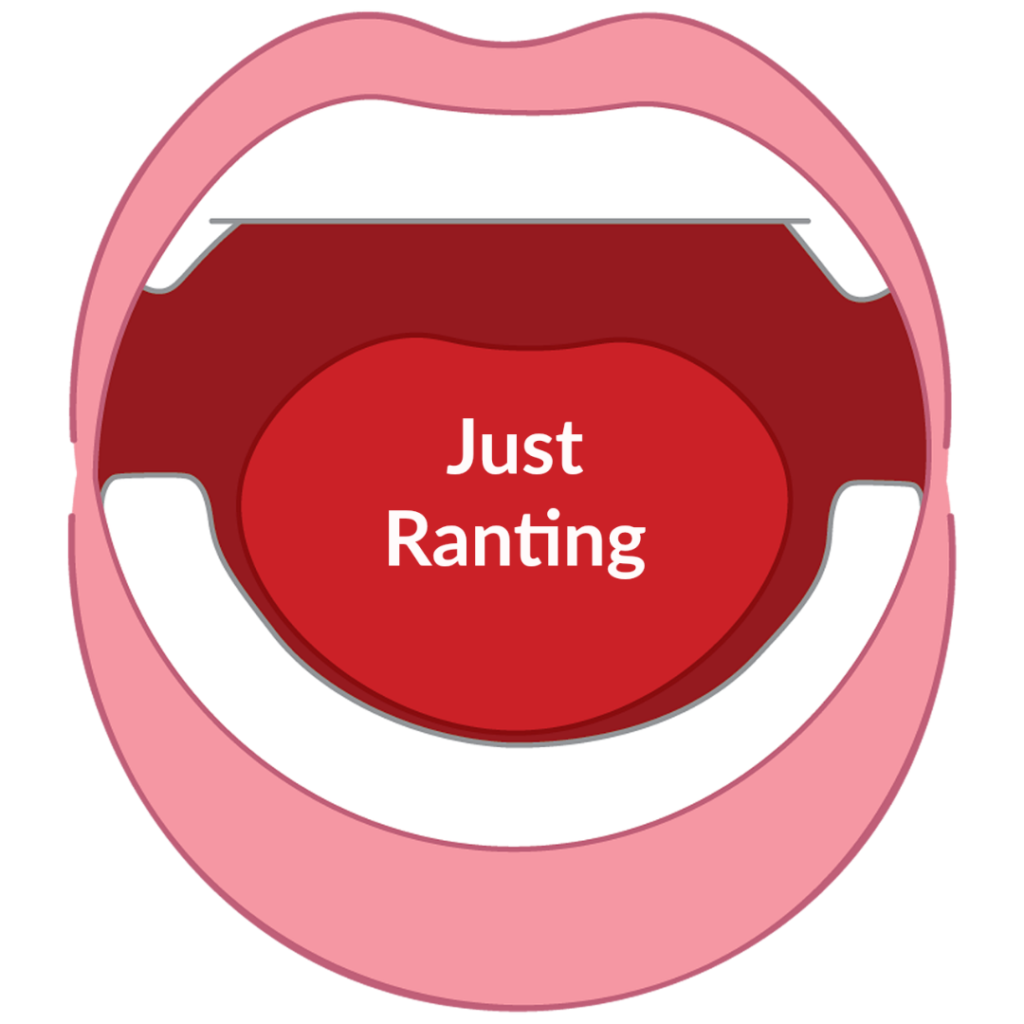Over the weekend I read this post by an author on Medium who identifies herself only as Your Fat Friend. The post itself details the kind of anxiety experienced by a “person of size” when airline travel becomes necessary. (I’m putting “person of size” in quotation marks not only because that phrasing appears in the post but also because it’s apparently airline lingo for Fat Folks. And because it’s ridiculous. We are each a person of one size or another.)
The post itself broke my heart, but the author’s identifier is what really got to me. I’ve been that person. And once you’ve been the fat girl, you pretty much always are–in your head, if not your body.
Full disclosure: I have never been morbidly obese. I have never had a medical condition that caused me to gain weight at a rate I couldn’t control. I was, however, raised to think of sweets as a curative for any and all negative feelings, and therefore I have been heavy enough for a young man to call me a heifer and for my OB/Gyn to suggest that I sign up for Weight Watchers.
That suggestion was made at the start of a pregnancy, and while I knew that Weight Watchers has a program specifically designed for pregnant women–which made this suggestion completely reasonable–I should have realized right then what it meant: my weight was going to be a constant source of tension between my doctor and me. So much so that, when she told me “You really don’t need to eat for two, you know–that’s just a saying,” and I told her that I wasn’t, my doctor just assumed I was lying. I’d been fat to begin with, after all, so I must be eating too much. How else do fat girls get fat?
So she didn’t explore other possible explanations for my out-of-bounds weight gain, and by the end of my pregnancy, the complication that was causing this symptom almost killed both my daughter and me. That’s how powerful disdain toward an overweight person can become, if it goes unrecognized. Dressing it up as a concern for her health doesn’t make blaming the fat girl for her fat self any less deadly.
Trust me, overweight people (and overweight women, in particular) know that they’re breaking the rules. They are well aware of the fact that they’re wrong, in every possible way. Too big. Too slow. Too lazy. Etc. They do not need to have a doctor write the word obese in their medical chart, as mine did, to understand all of this. They do not need to hear people moo in their general direction, as I have, to know that their weight makes them less than human. And they are not allowed to object to this kind of treatment because, clearly, they’re fat. This is not a matter for dispute. They are not even allowed to observe the irony of having a much-more-overweight person–let’s say a friend of their fiance, someone they’re meeting for the very first time–say “Wow, you don’t look anything like I imagined you would. But I guess he always did like chubby girls.”
In this situation, the fat girl can only blink back her tears. She is expected to be grateful that the friend used chubby rather than fat. That the friend is heavier than she is doesn’t matter; to claim that as some sort of defense against insult would seem ridiculous. Anyone looking at her can see the truth. She is chubby, if not the chubbiest person at the table. She has no room for complaint.
But the fat girl herself eventually can’t see the truth anymore. One she has learned to think of herself as that person, it becomes almost impossible to see anyone else when she looks in the mirror.
An example: for the last ten years or so, I’ve been in a healthier place with my weight. It’s stable; I’m exercising on a regular basis; and I eat better quality food, both because I can afford to and because I’ve developed an interest in cooking at home. And even so, I had to be told to buy new clothes when I dropped two sizes.
“All your clothes are way too baggy,” Mike said. “You really need to buy yourself some new things.”
“I haven’t lost that much weight,” I said. I knew I was 20 pounds lighter than I had been, but I I didn’t connect this to the fact that I should be wearing a different size of clothing. When I looked in the mirror, I saw the same person I had always seen there.
When I finally did go shopping, though, I grabbed a pair of pants that I thought would fit, and then a pair in the next smaller size–only with the intention of showing Mike that he’d been wrong.
Except he wasn’t. In fact, I had to concede that even the smaller size was a little loose. So I grabbed the next size smaller, just as an experiment. I was genuinely surprised when they buttoned around my waist with no resistance.
You might think, now that I’ve been wearing that same, smaller size for a while, that I would eventually accept this as my new normal. That I would come to think of myself as an average size person, which is what the news media keeps telling me I am. But even now, I often take clothes in several sizes to the fitting room with me. I always expect to be bigger than I actually am.
I’m not sure that image of myself as the fat girl will ever go away. We learn how to see ourselves when we’re young, and if what we’ve learned to see is something unacceptable, that belief in our inferiority never really leaves us alone. We can pretend that it does, if only for a little while–but reading Your Fat Friend’s post this weekend made it clear to me that making peace with the fat girl is going to require a kind of work I can’t do at the gym.
Instead, I’m going to have to stop being scared of her. I’m going to have to realize that the way people treated her in the past had more to do with them than her. And I’m going to have to accept the fact that she’ll return by invitation only. Maybe that invitation will come from me–but maybe it will come from a set of circumstances over which I have no control. That’s possible. And if it happens, it has to be okay.
Somehow, I’m going to have to make peace with the fact that it won’t be the end of the world if the fat girl returns. She is me, after all, and I am living the life she only dreamed about. I am loved and valued.
And if she comes back, I know she’ll be loved as well. No one here is going to moo.




7 Comments
Thanks so much for sharing this – beautifully written and hits home with far too many people 🙂
great post; thanks for sharing. that article on medium made the rounds last week (or the week before?) and i actually tweeted it because i thought it was so good and the message was powerful and important, as is yours. 🙂
Hi Pam, thank you for this beautifully written post. I was really emotional reading it. Anyone who has been any form of “fat”, “chubby”, etc, knows who the fat girl is. Thank you for writing about it.
When I look at myself in the mirror I see the same size whether I gain or lose weight, I’m not sure if that is a good thing or not, because it apparently means I am in denial around the holidays and feel like I am never making progress in the spring/summer when I am spending time exercising. Loved this post, thank you for sharing!
Once we’ve grown accustomed to seeing ourselves in a particular way, it’s really difficult to shift our thinking. I’m glad this resonated with you!
This was really a beautiful yet heart-wrenching post to read. Your statement, “And once you’ve been the fat girl, you pretty much always are–in your head, if not your body.” really resonated with me because I’m pretty sure we’ve all been there at some point, and so we are always there to some extent. Letting go of the fear, accepting and loving oneself can be a real challenge.
This is something I’ve been working on throughout my adulthood, and I’ve accepted the fact that I probably always will. I think acknowledging the disconnection is the first step toward addressing it, though, so there is hope!